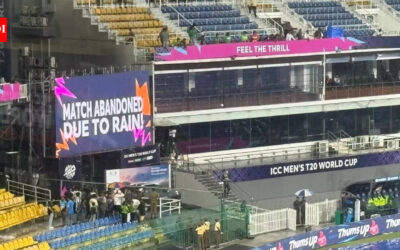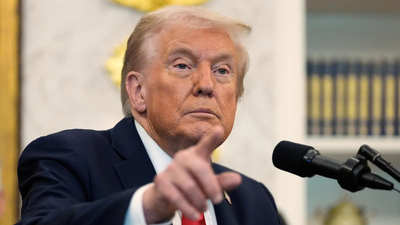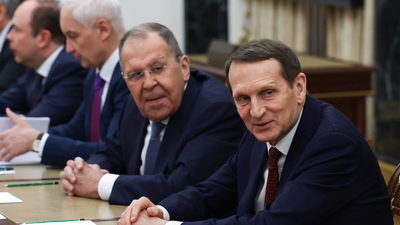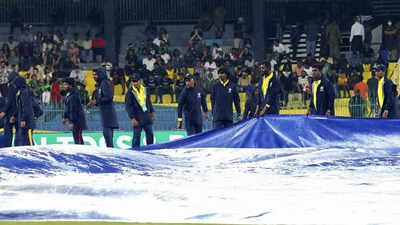Why the Delhi School Education Bill is facing sharp criticism: A closer look at the 15% clause
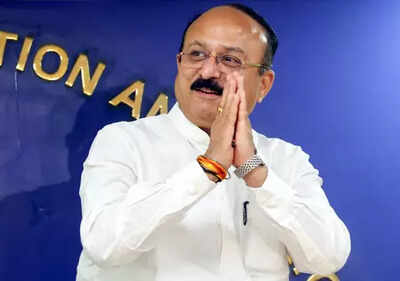
The Delhi School Education (Transparency in Fixation and Regulation of Fees) Bill, 2025, introduced during the Monsoon Session of the Delhi Assembly, proposes a new legal framework to regulate fee hikes in private unaided schools. The bill claims to promote transparency and accountability in fee fixation, but several provisions, especially the controversial “15% clause”, have triggered opposition from both parents’ associations and political leaders.
Key provisions of the bill
The proposed legislation seeks to formalise fee regulation through a three-tier regulatory structure:
- School-Level Committee: The first layer includes a
fee committee within each private school, comprising members of the management, teachers, and parents.
Zonal Fee Regulatory Committee : This second tier will act as an appellate body for grievances against fee proposals or disputes raised at the school level.
State-Level Regulatory Authority : A centralised authority empowered to ensure uniform implementation of the law across Delhi and to resolve complex cases.
The bill also mandates schools to submit detailed fee structures and financial statements annually, allowing for greater oversight of revenue and expenditure.
The Controversial 15% Clause
At the heart of the backlash is a clause that allows schools to increase fees up to 15% annually without prior approval from the zonal or state authorities, provided the hike is cleared by the school-level committee.This provision is being criticised as a loophole that may enable private schools to continue unchecked fee escalation under the guise of internal approval. While the government argues that such a cap introduces predictability and restricts arbitrary hikes, parent groups contend that a 15% annual increase is substantial, especially when compounded year-on-year.Also See: Delhi School Education Bill, key provisions, three-tier watchdog, and whether it really reins in profiteeringCritics have also raised concerns that the school-level committees may lack independence, as they include members nominated by school managements. In effect, the same entities that propose the hike are also empowered to approve it—undermining the intended transparency and regulation.
Wider criticism and demand for amendments
Several stakeholders argue that the bill fails to address existing grievances related to fee exploitation and lacks provisions for the rollback of already increased fees. The absence of retrospective applicability, coupled with the timing of the bill, brought months after schools had already raised fees for the academic session, has further fuelled scepticism.Parents’ associations have demanded a rollback of the 15% clause or, at a minimum, the requirement of independent external approval for any hike above inflation-linked thresholds. They have also sought greater representation in the committees to ensure genuine accountability.ConclusionWhile the Delhi government positions the bill as a long-awaited step towards regulating private school fees, many believe that the current draft leaves too much discretion in the hands of school managements. Unless the contentious provisions—particularly the 15% clause—are re-evaluated, the legislation risks reinforcing the very commercialisation it seeks to curb.
